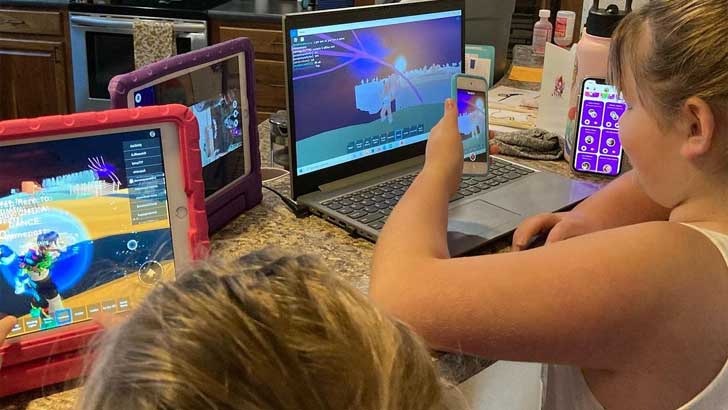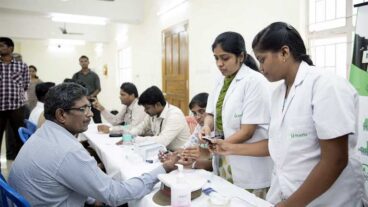When it comes to adolescent mental health, digital technology is good or bad, and what are the effects of smartphone apps that claim to improve mental health?
There is much talk about the benefits of smartphones and apps that are said to impact mental health. Children, parents, and teachers need to understand the risks these services pose to the mental health of young people. There should be future research into the impact of digital technology on adolescents’ mental health, as well as its impact on their physical health and wellbeing.
In the meantime, it is important to understand whether digital technologies are good for employees’ mental health and what needs to be considered when trying to figure out how to help young people to have a balance with technology, especially when we are living in a pandemic.
Does technology inflict more emotional harm than it alleviates, or is it a balance between the benefits of technology and its negative impact on our children and young people?
Social media in particular can have a negative impact on young people who suffer from or are prone to mental illness. Young adults at risk of mental disorders are more likely to isolate themselves from their peers, making them more vulnerable to depression, anxiety, and other mental illnesses.
Although technology is meant to bring people closer together, spending too much time on social media can exacerbate this and make us feel lonely and isolated.
Continued use of social platforms can also have a negative impact on mental health, such as depression, anxiety and anxiety disorders.
Promoting better patterns of use can help minimize these harmful effects, even though the long-term impact of excessive social media use on mental health is largely unknown. This would be an excellent way to investigate the impact of technology on the health of young people, especially those with mental illness.
There are other ways that the technology summarized above can improve access to mental health services, such as forging relationships, being on waiting lists to seek professional mental health care, and having less severe symptoms.
Mental health counsellors can play an important role in facilitating the use of social media by young people with mental illness and their families.
They can also help to promote other online services that can help improve overall mental health. By combining the benefits of online resources for people with mental illness – facilitating social interaction and connecting with supportive peers – it is possible to use t
he popular social media features to improve existing mental health programs and services.
Parents need to be mindful, however, of whether their children’s use of social media has a negative impact on their mental health. People who do not want to leave their homes for reasons unrelated to mental health can thus lead to them not leave their homes.
There is also evidence that the use of screens can affect the sleep of children and adolescents, which is important for both the physical and mental health and well-being of children and adolescents.
Light from phones and other devices can disrupt sleep, which in turn can have serious mental health effects.
Sleep deprivation acts as a vicious circle of mental health; subtle changes in sleep patterns, such as changes in the amount of light in a person’s room, can, for example, directly link sleep deprivation to deteriorating mental health. Lack of sleep due to poor diet, poor exercise, and poor physical health can lead to poor mental health and cause depression, anxiety, and depression.
Technology can also affect the mental health of children and adolescents, especially if they spend a lot of time watching TV, playing video games or using gadgets.
Adults are not the only ones suffering from negative use of technology, and given that this is happening at the same time as young adults reporting mental health symptoms, one might be tempted to conclude that these kinds of tools are unhealthy.
Instead, people should consider whether certain forms of social media engagement increase or reduce the mental health risks for different adolescents. Rather than believing that “social media” necessarily leads to poor mental health, it may be more useful to distinguish between healthy and unhealthy uses.
Although technology can have a negative impact on mental well-being, it can also be used to help people monitor and improve their physical health, activity, and fitness, which in turn can affect mental health.
In short, anything we can do with digital health care and information that is made available to us digitally can be linked to e-mental health.
Some aspects of technology can have a negative impact on our mental health, while others can have positive effects.
Before we use the Internet and make the most of it, we need to understand the positive and negative impact that the Internet has on our mental health. One of the recurring themes in the article on combating the negative effects of digital health and e-medical care is to focus on the positive aspects of technology, such as its positive impact on physical health.




